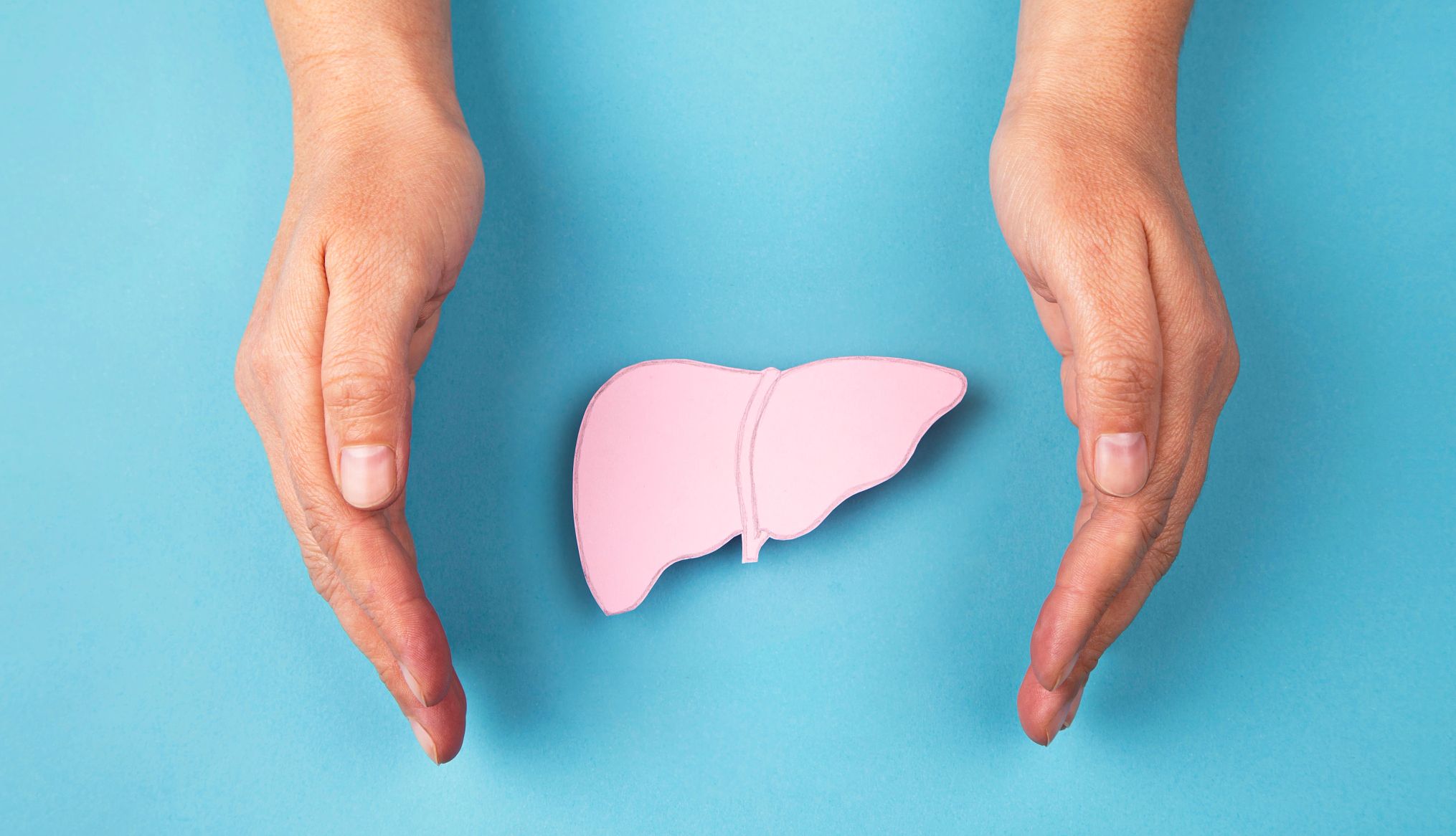
7 Tips to Protect Your Liver Function as You Age
- Select a language for the TTS:
- UK English Female
- UK English Male
- US English Female
- US English Male
- Australian Female
- Australian Male
- Language selected: (auto detect) - EN
Play all audios:

Your liver deserves more love than you might realize. This hard-working organ performs more than 500 vital functions, from aiding in digestion and storing important vitamins (including A, D,
E, K and B12) to cleansing your bloodstream of toxins and illness-causing bacteria. “Our liver is such an amazing organ. … [It] can also regenerate itself, which means it can repair and
replace damaged liver cells, as long as the damage is not too advanced,” says Mahsa Mansouri, M.D., assistant professor of internal medicine at the University of Texas at Austin’s Dell
Medical School. Unfortunately, more than 100 million Americans have some type of liver disease, and the overwhelming majority don’t know it, according to the American Liver Foundation.
That’s because liver disease doesn’t typically cause any symptoms until it has advanced significantly. In the past, viral hepatitis was the leading cause of liver disease, but rates are
declining. On the flip side, non-alcoholic fatty liver disease (NAFLD) and alcohol-related liver damage are on the rise. Alcohol-related liver damage is becoming more prevalent thanks to an
uptick in alcohol consumption over the past two decades; it’s now the leading impetus for needing a liver transplant. However, “the biggest problem these days is obesity,” says Vinod Rustgi,
M.D., director of the Center for Liver Diseases and Liver Masses at Robert Wood Johnson University Hospital in New Jersey. About 25 percent of American adults and 75 percent of those who
are overweight now have NAFLD. This condition is characterized by a buildup of fat in the liver. A healthy liver doesn’t exactly age the way other body parts might, Rustgi says, but the
passage of time certainly puts those who have been living with liver disease in greater danger. While early-stage NAFLD doesn’t usually cause any notable problems, research has shown that
people over age 50 who have it are more likely to have significant fibrosis, which occurs when chronic inflammation causes scar tissue to accumulate around the liver and nearby blood
vessels. Older individuals with NAFLD are also more apt to progress to cirrhosis, the most serious type of scarring. DO YOU NEED A LIVER DETOX? One of your liver’s major jobs is to filter
toxins from your bloodstream, but that doesn’t mean that those toxins get stuck in there or that you need to do anything to clean them out. “The liver naturally excretes toxins in things
like bile, which gets passed in bowel movements,” Lim says. Mansouri agrees that there’s absolutely no reason to do a cleanse or take special supplements for the sake of better liver
health. “‘Liver detox’ is such a misleading term used by the wellness industry to sell their products. Our liver’s job is to detoxify and filter harmful substances from our body, and it does
it very well. We don’t need any supplements to support this [process]. In fact, some of these supplements can harm the liver, cause liver failure and even death in severe cases.” On a more
positive note, people who have too much fat in their liver or even mild scarring (fibrosis) can completely reverse the damage if they take action, Rustgi says. The following steps can go a
long way toward avoiding liver damage or helping your liver heal. 1. FILL UP ON HEALTHY FOODS Try to eat less saturated fat — especially from red and processed meat — and more plant-based
foods, according to research from the journal _Nutrients_. Other research, in the journal _Gut_, points to the “green-Mediterranean diet” — which pairs the traditional Mediterranean diet
with additional polyphenols (plant compounds) from green tea and an aquatic plant called Mankai, or Mankai duckweed — as being beneficial for liver health. When in doubt, simply opt for
lower-fat foods and smaller portions, says Nicholas Lim, associate professor of medicine in the Division of Gastroenterology, Hepatology, and Nutrition at the University of Minnesota
Medical School. He says the same eating patterns that lower your risk of heart disease and type 2 diabetes also promote liver health.
